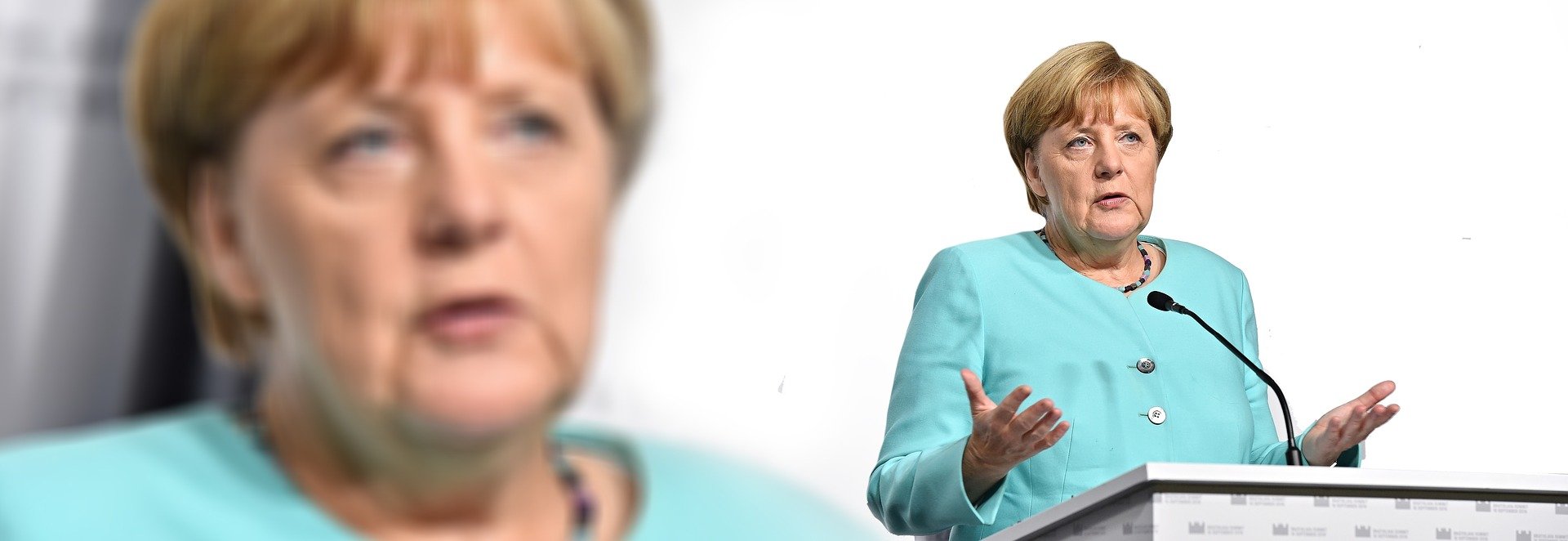Key views
- We see the election outcome eventually resulting in a moderate left- or right-leaning government.
- Risk assets will likely be reassured that the possibility of a left-wing alliance is off the table.
- Coalition talks likely to take time.
The conservative CDU/CSU and the social-democrat SPD have come out almost neck and neck in Germany’s federal election, meaning either one has the potential to lead a likely moderate coalition government. The left-wing Die Linke party’s poor election showing appears to have ruled out a left-wing alliance, and its likely negative impact on German stocks.
Talks will now begin among the CDU/CSU, SPD, third-place Greens and fourth-place business-friendly FDP to decide a likely three-way coalition – the first in the history of the Federal Republic. This process could take some time.
The eventual coalition will prove consequential for markets in the longer term, in our view, with possible changes to Germany’s fiscal stance and to its approach to European/foreign policy and climate action. It is the first in a series of elections (France in 2022, Italy in 2023 and the EU in 2024) that may be decisive in shaping Europe’s future.
If the SPD is successful in forming a government with FDP and the Greens, public sector incentives and spending in areas like renewables, public transport and digitalization will be high on the agenda. The FDP would likely temper the SPD’s agenda, vetoing tax hikes, pushing to scrap fiscal reforms and campaigning for a return to a balanced budget, though the latter two would have to wait until after the pandemic.
The FDP could also restrain climate action, targeting a slower transition to net zero. German stocks in general – and particularly those benefiting from enhanced public spending – could outperform in the medium term, and a targeted return to a balanced budget post-pandemic should keep Bund yields low.
The CDU/CSU suffered its worst result ever, yet it could still form a government with the FDP and the Greens. Fiscal policy would likely be more conservative, though the Greens would seek some leniency on fiscal issues and stronger climate action. We would expect an investment boost to green technology, digitalization, rail and others, as well as deregulation and privatization – all positives for German stocks and for green bonds in the medium term.
In both cases, the improbability of a return to 2011-style austerity – combined with the Greens’ push for European banking union – should favor the euro area’s peripheral bonds. Yet talks may fail and an alternative outcome of a “grand coalition” between the SPD and CDU/CSU is still a possibility. On the international stage, the absence of the experienced and pragmatic Chancellor Angela Merkel may be felt.
